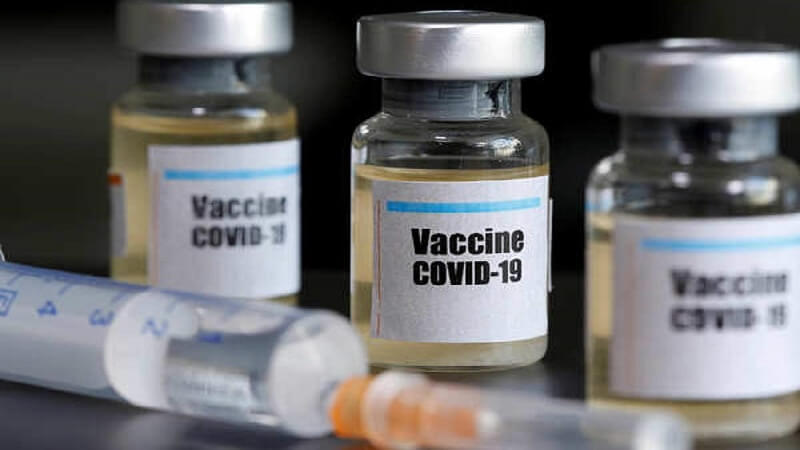The rapid development of vaccines to slow and prevent the spread of COVID-19 was touted as the answer to reopening the global economy. Returning to normal, however, has proved to be more of a challenge due to issues related to the logistics of immunization. Refrigeration and storage requirements, overcoming vaccine hesitancy and allocating infrastructure capacity and health care personnel have presented obstacles to wide-scale immunization, particularly in low to middle-income countries.
Challenges related to distributing vaccines that require cold storage in remote areas are being overcome with methods such as a Vaccination Cart. Education campaigns and support from governing bodies like the World Health Organization (WHO) are working to reduce disinformation contributing to hesitancy. While it has been easier for high-income countries to allocate existing infrastructure and personnel, this often requires better cooperation between the public and private sectors.
Storage Requirements

COVID-19 vaccines can require storage in temperatures as low as -70 degrees Celsius. This creates a dilemma for areas that have limited or no freezer capacity. Decisions about which vaccines to accept, where to store those that require freezers, and how much vaccine supply to take are all impacted by limited capacities.
Ramping up deployment and distribution can Vamean a combination of creative solutions and re-allocating existing infrastructure. In some countries, this has entailed using blood bank storage capacity and considering increased supplies of vaccines that do not require storage in freezing temperatures. It has also included investments in cold-chain distribution and storage methods.
Vaccine Hesitancy

Reluctance to get one of the COVID-19 vaccines has been mostly attributed to mistrust and misinformation. Concerns over how quickly the vaccines were developed and approved for emergency use have led to concerns about safety and effectiveness. Conspiracy theories and recent pauses on the administration of some of the vaccines have further eroded public trust.
Combating misinformation and distrust has proved to be formidable, especially since the pandemic and public health measures have become politicized in some countries. Although this may require some time, building trust by demonstrating the effectiveness of the vaccines is one way to overcome hesitancy. Information campaigns with public figures and leaders from a variety of political affiliations can help circulate facts rather than speculations.
Infrastructure And Personnel

A significant obstacle in lower to middle-income countries is the lack of distribution networks and current immunization programs. While higher-income countries like the United States have been able to leverage health care personnel and distribution networks from existing immunization programs, developing countries often have less capacity in place. There is also the issue of affordability and access for these countries, as the developed world has purchased more of the world’s vaccine supply in disproportionate numbers.
Reallocating or sharing vaccine supplies is one way to solve the access problem, in addition to providing subsidies and assistance to developing countries. Stronger partnerships between public and private sector organizations can help with increased distribution and reach to vulnerable or remote populations. For instance, WHO is now in a partnership with UNICEF, the World Bank, and other organizations to help countries create and implement vaccine distribution plans within 100 days.
Solving the problems related to vaccinating the globe against COVID-19 presents significant challenges. These obstacles include storage needs, combating misinformation and mistrust, and leveraging or building capacity for distribution. The solutions will require creative uses and reallocation of existing resources, as well as increased collaboration.
Follow Us: Facebook | Instagram | Twitter |
Entertales is on YouTube; click here to subscribe for the latest videos and updates.














